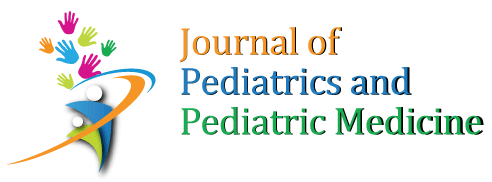An Exploration of the Use of Statin Therapy in Pediatric Metabolic Syndrome
The increasing prevalence of childhood obesity is a global public health concern with metabolic syndrome (MetS) at its forefront. Due to the rising levels of pediatric obesity within the past few years, 18.4% of children were classified as obese and 5.2% as severely obese in the United States in 2016. It is imperative to investigate pharmacological options for the treatment of pediatric MetS. Conservative management, namely the incorporation of dietary intervention and physical activity, has been the only adopted treatment approach for pediatric MetS while pharmacological and surgical (bariatrics) methods have only been reserved for high-risk severe cases. The use of HMG-CoA reductase inhibitors known as statins for the treatment of pediatric MetS has been fairly controversial. Statin therapy would be primarily used in pediatric metabolic syndrome as a means to reduce LDL levels to further prevent adverse cardiometabolic events. Nonetheless, the predominant concern for the use of statin therapy in children was that of adverse effects. This article will delve into the use of statin therapy in the pediatric population and how this relates to the prevention of cardiometabolic adverse events in pediatric metabolic syndrome.
View / Download PdfAutoimmune Hemolytic Anemia: When is Transfusion Necessary?
Autoimmune hemolytic anemia is uncommon in children. We report a term male infant with autoimmune hemolytic anemia who was found to be positive for cytomegalovirus. He received steroids and two transfusions during his hospital course due to low hemoglobin levels. He did not show any signs of cardiovascular collapse. His cytomegalovirus viral count decreased without antiviral medications. He was discharged on steroids for about 3 months. We contrast this case with that of another infant male with autoimmune hemolytic anemia after a viral upper respiratory infection. In this contrasting case, the patient also had low hemoglobin levels and had no signs of cardiovascular collapse and was treated with steroids alone. In this case report we demonstrate that steroids are a suitable first line treatment for autoimmune hemolytic anemia in cases where hemoglobin is low but there are no signs of cardiovascular collapse.
View / Download Pdf